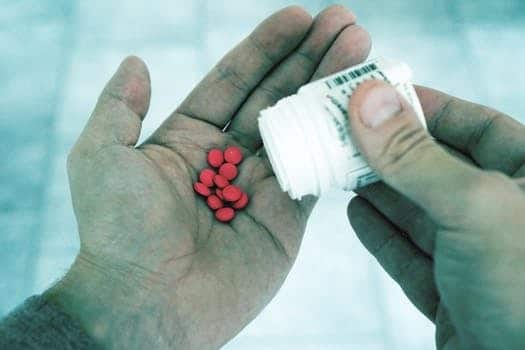Next Steps After Baltimore Drug Possession Charge?

What are the “Next Steps” after a Baltimore Drug Possession Charge? The advice does not vary, although the specific type of crime charged here can make a significant difference not only in potential sentences but also in methods strategies and defenses involved in a drug case. As attorney Eric T. Kirk will tell you, under Maryland law there are essentially three categories of the most commonly charged drug offenses:
a charge against a defendant who is alleged to have drugs
a charge involving a defendant who is believed to be distributing or selling drugs to others
a charge alleging a defendant is believed to be manufacturing illicit substances
What is sometimes referred to as the “simple possession” of a controlled dangerous substance is the lowest in rank of these charges. In other words, the penalties involved are less severe. Moreover, the degree of culpability of one who merely has contraband for their own use-as opposed to one who is accused of distributing the illicit substances to many individuals- is viewed as being lesser. If your charge involves the simple possession of a drug involves and originates in Baltimore City, Maryland the answer to the questions posed in the title might be you shouldn’t have to do anything. The State’s Attorney for Baltimore City, at a time indicated her office will not be prosecuting such crimes. If your CDS possession charge originates in another jurisdiction -do not expect the same result.
Many possession cases hinge on whether or not the State is able to admit the controlled dangerous substance into evidence. While there are a variety of defenses that can preclude the State from doing so, a commonly raised defense is whether or not the police had the authority to search the person, place or things where the contraband was found. If the police activity that led to the discovery of the narcotics is determined to be unlawful, the State will not be able to admit the contraband into evidence, and without evidence, cannot obtain a conviction. It is therefore important, and often vital, that you run the facts and circumstances of your CDS related search and seizure by an experienced criminal defense attorney who can scour those facts for a potential 4th amendment violation.
If you are charged with possessing and control dangerous substance and alleged to have had that contraband for what is sometimes called personal use -as opposed to confronting an allegation that you manufactured and or dispensed contraband to a multitude of individuals- your options might be different as well. If you are routinely ingesting narcotics, a legitimate question might be whether or not you have a problem that you are unable to control. Anyone with a problem they are unable to control should consider the possibility of being evaluated for, and potentially treated for, a disorder from which they might recover. Proactively seeking evaluation and treatment potentially for a legitimate substance abuse disorder might be the type of factor that has the twin benefit of improving the quality of life of the afflicted person, and creating a favorable impression upon a sentencing court.



